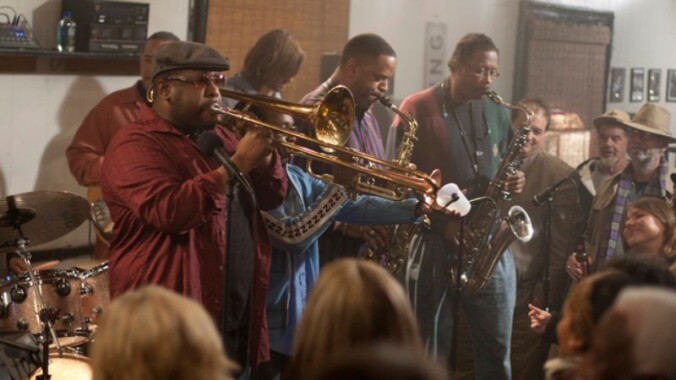New Orleans: We visit locations from David "The Wire" Simon's jazz-heavy HBO series Treme
Really the only proper pop pilgrimage for Treme would be to move there. Creators David Simon and Eric Overmeyer seem intent on showcasing every corner of the Crescent City, from its most famous restaurants to the tiniest venue where anyone could play a trumpet before an appreciative crowd. For this installment we decided to visit the neighborhood that lent its name to the show: Treme. As Dave Walker points out above, the name Treme only seems like a misnomer, given that only a portion of the series takes place in that neighborhood. Because so much New Orleans music has its roots in Tremé, and because so much of the city’s identity is tied to the music, it’s as apt a title as anyone could dream up.









































